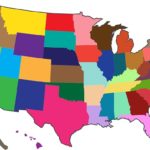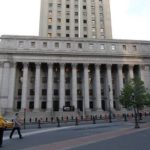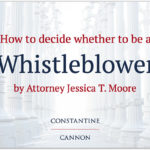March 14, 2019
The former owner and former COO of Atlanta-based
Primera Medical Group,
Shailesh Kothari and
Timothy McMenamin, were sentenced to prison terms of 6.75 and 7.75 years, respectively, for their roles in submitting more than $8.5 million in fraudulent invoices to private insurance companies for allergy testing and allergy immunotherapy services that were never provided and were not medically necessary. Defendants submitted bills using the NPIs of doctors who had not performed the tests and, in fact, had no knowledge of the services. To cover up the fact that the services were not provided, defendants would create false laboratory reports for insurers and patients who requested them.
USAO ND GA







